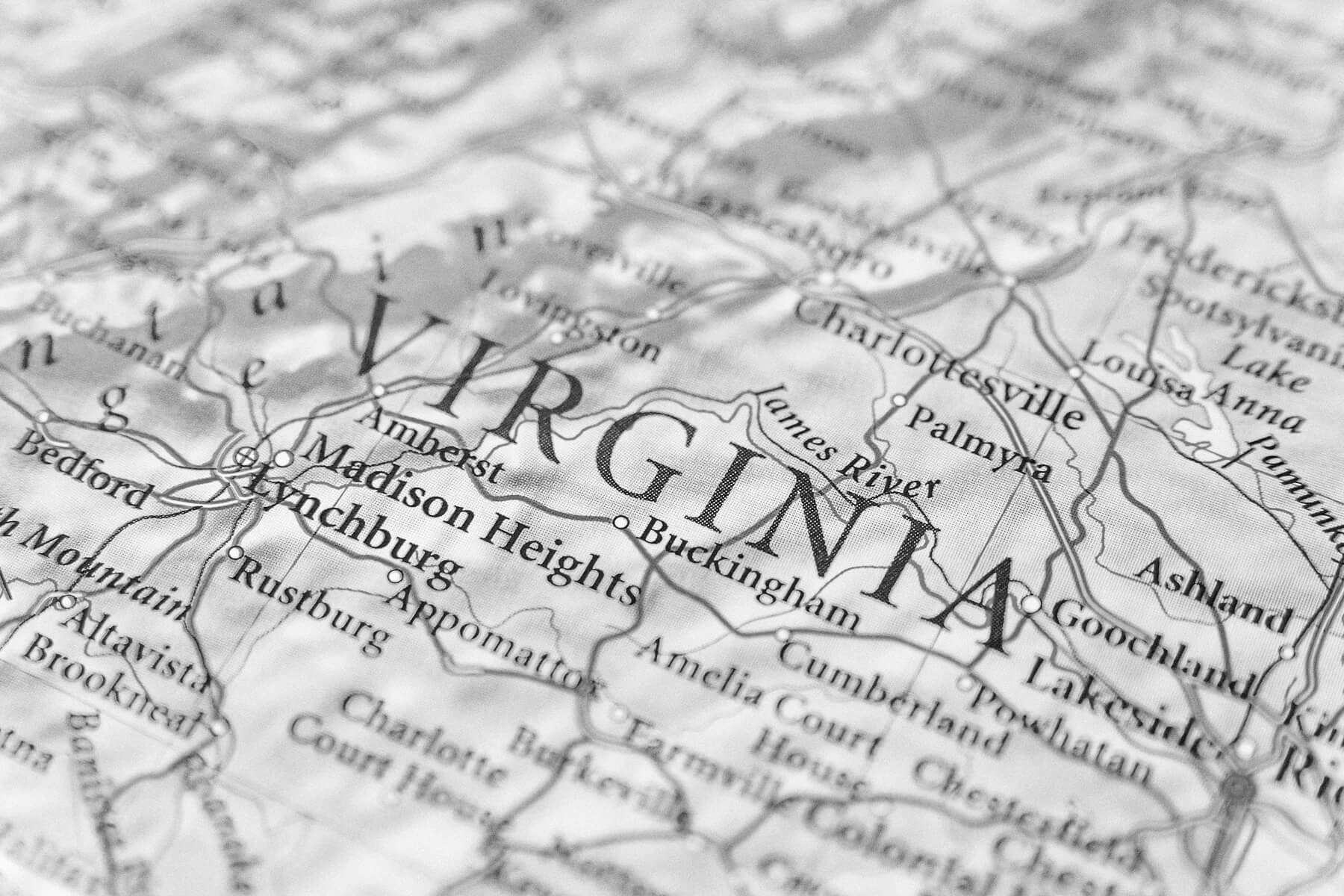
When the United States of America declared independence from England, it was sort of like a bad breakup. Americans got rid of reminders of their past life, such as monarchic rule and a taste for jellied eels. It was also the start of a linguistic divide between British and American English, marked by different spellings. We see this schism most clearly today in words like “honour”/“honor” and “favourite”/“favorite” — spelled with an “ou” by the Brits, but with just an “o” by American English speakers.
The English language as a whole developed, in large part, by borrowing words from other languages. Take the word “color” — it was adopted from French, where it’s spelled couleur. Often the British retained seemingly superfluous vowels from the original language, not because they served a practical purpose, but rather as a nod to the word’s etymology.
Prior to the 18th century, spelling wasn’t standardized. If your reader could understand the meaning of your words, it didn’t matter so much if you spelled “defence” with a “C” and your neighbor spelled it “defense.” However, American Noah Webster (of Webster’s Dictionary) was a prominent advocate for standardizing spelling, and also for efforts to differentiate American English from the English spoken elsewhere. One method to accomplish both goals was to simplify the spelling by removing (what he thought were) extra letters and changing letters to match phonetic pronunciations. In 1806, he published A Compendious Dictionary of the English Language, which eliminated the “u” from words such as “honour,” the “k” from words such as “publick,” and the double “l” in words such as “travelled.” It also changed the “-ce” in words such as “defence” to “-se.”
However, like anything else in the English language, there are exceptions to the rule. Take the word “glamour” — it originated in Scotland and didn’t appear in Webster’s Dictionary until after Mr. Webster’s spelling efforts had passed. Lexicographers kept the “ou,” since there was no longer a concerted effort to get rid of those superfluous vowels en masse.





















